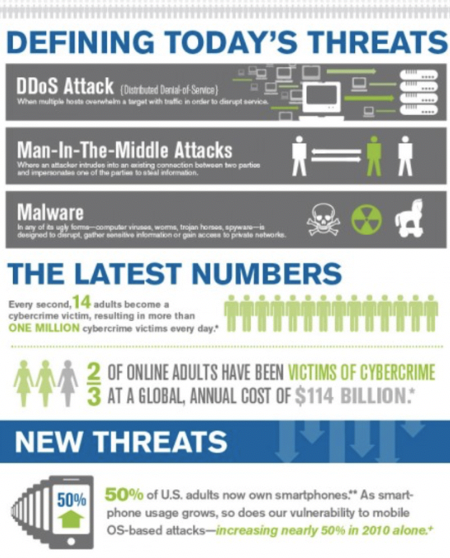When it comes to the global cyber security landscape threats are continuing to increase. Hackers are utilizing the latest technologies to act out their malicious attacks on people’s data. Data is being stored digitally every day. Therefore, there is an increase in attack and a breach is on the rise.
Security Introduced to Protect Yourself From a Data Breach
In order to avoid a data breach, it’s important that you have some security. There are some things to keep in mind when it comes to protecting your data. To list off a few:
- Security should not be a second thought
- Bring security principles into every phase of what you are doing
- Do an audit of your digital tools and practices
- Don’t stop monitoring once everything is set up
Cyber Attacks Worldwide

Cybercrime is a costly issue globally, costing the US the most out of any country worldwide. However, $15 million is just a fraction of the total global expense of $114 billion. Given these points, the cyberattack epidemic may surprise many with its scale. 14 people fall victim to an attack every second. Cyber attacks are growing due to smartphones.

With that being said, you can do a few things to protect yourself. Follow these 5 steps:
1. Authentication
Firstly, there’s authentication. Authentication is the process of uniquely identifying the clients of your applications and services. This addresses the question: Who are you? This can also pertain to passwords. Most of us don’t have unique passwords for every application we use. A password manager can help you never use the same or similar passwords.
2. Authorization
Secondly, there’s authorization. Authenticated clients have authorization. To clarify, it’s the resources and operations that clients have access to. Authorization answers what you are allowed to do. This can be path traversal, probes, known worms, etc.
3. Auditing and Logging
Thirdly, is auditing and logging. Is the intended person the only one who can view the data? All activities that affect the user state of content should be formally tracked and traceable. It should be possible to determine where an activity occurs in all levels of the application. Local or remote users shouldn’t be able to overwrite or tamper with logs. You should know who has access to your data and their exact location.
4. Confidentiality
After that, there is confidentiality. Is the intended person the only one who can view the data? Unauthorized users shouldn’t be able to view your data. Your data should remain private and confidential. Firstly, be aware of your surroundings. Secondly, be aware of where/how you store passwords. Lastly, keep in mind who you give access to your device. No security measure will block your own username and password to make sure who you are showing your data to.
5. Integrity
Next, is integrity. Is the data guaranteed to be the same format and content that the user submitted it as? Integrity guarantees that the data is protected from accidental or deliberate modification. This is provided by using a few things. Such as, encrypted storage, hashing techniques, and message authentication codes.
5. Availability
Lastly, is availability. Is the website or program going to be online and performing to meet expectations? The system should be available and ready to use. In addition, it should be able to have a separation of legitimate versus illegitimate user traffic. As well as the separation of public versus private information. This should include denial of service and compromised servers.
At Goalpost Group, we help our clients break the cycle of bad marketing using strategy, structure, and killer content that drives sales and wins the day. Get in touch with a member of our team to learn more about how we can help transform your marketing.





